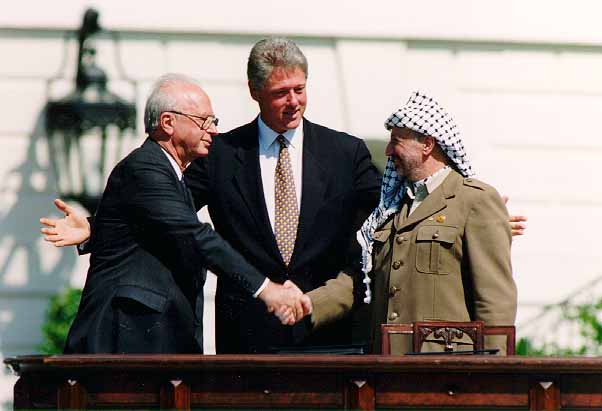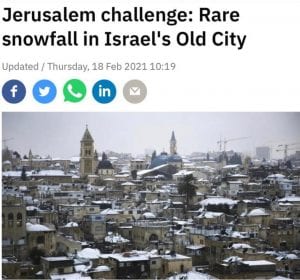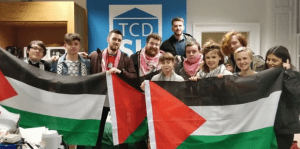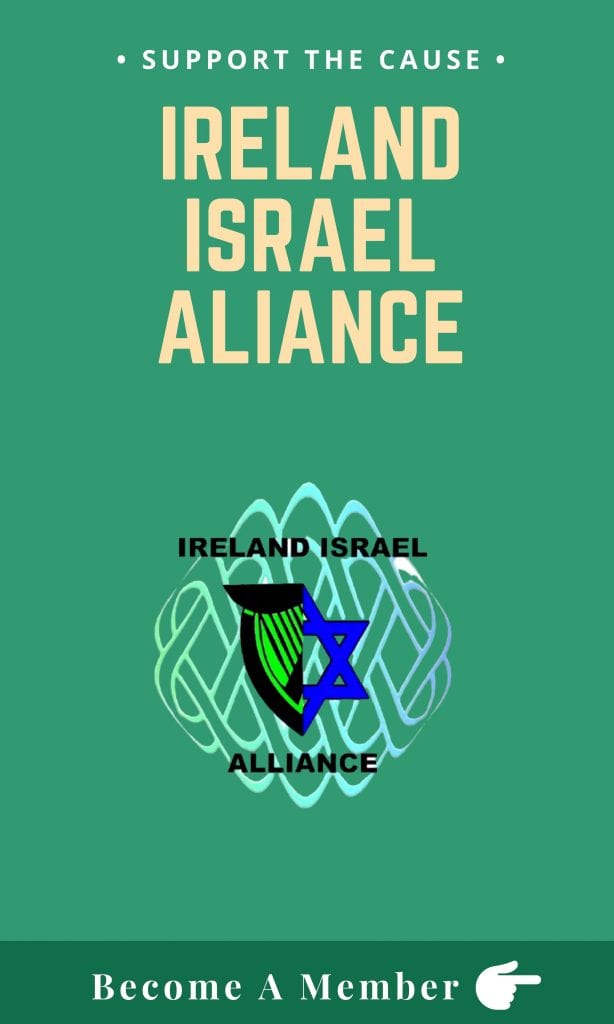A comment on Shany Mor’s ‘War has Consequences: 20-year Scars of the Second Intifada’ (6 July 2022)
Shany Mor’s recent article in State 0f Tel Aviv calls to memory ‘the most infamous suicide bombing in Israel’, the massacre of 30 people celebrating their Passover seder on 27 March 2002 at the Park Hotel, Netanya. He sets out starkly the appalling significance of the atrocity for Jews engaged at that moment in celebrating a religious festival that commemorates their liberation from bondage. Further, he sketches its transformational impact on the mentalities of both Israelis and Palestinians.
Setting the context, Mor points out that by the time of the atrocity, ‘there was little left that could shock the Israeli public’ as suicide bombings had become commonplace since the start of the Second Intifada in September 2000. Israelis could see that the promises on which the concessions of Oslo 1993-5 had been pitched – above all the improvement of the security of Israel – were not being fulfilled: ‘almost immediately after the Accords were signed, the number of attacks against Israeli civilians went up rather than down.’
Yet Mor appears to weaken his own argument when he adds that ‘Options for a political settlement that might still have existed before Passover 2002 and the aftermath permanently disappeared into a new reality…’
This note will question the notion that any opportunity remained for a political settlement by 2002, and to show that the events of the six years from September 1993 to late 1999 had already effectively ended the chances of such a settlement.
The Palestinian campaign of terrorism was already well under way as the ink was drying on the September 1993 signatures of Oslo I, and continued throughout the negotiation and signing of the second set of agreements. 21 Israelis were killed in the last three months of 1993, 74 during 1994 and 51 during 1995.

In the first half of 1996, Benjamin Netanyahu criticised the government of Shimon Peres for the apparently one-sided implementation of Oslo. Sixty-seven of that year’s 74 deaths, 62 of them from suicide bombings, occurred before the general election of June that elected Netanyahu to the prime ministership for the first time. All told, between Oslo I and the end of 1999, 274 people fell victim to terrorist attacks that included 19 suicide bombings.
Liberal opinion in western mainstream media of the time insisted on seeing such terrorism as ‘residual’. Attacks by uncontrollable elements were only to be expected as a long-running conflict wound down to a close. (After the horror and condemnation, this was the media response to the bombing of Omagh in Northern Ireland in August 1998 by an IRA splinter group that killed 29 people plus two unborn children, a higher toll than any single terror attack during the 28-year IRA war which had officially been ended by the Belfast (Good Friday) Agreement of April.) Since the violence was a ‘response’, deplorable but understandable, to oppressive conditions, went the narrative, the ‘hardliners’ would give up the attacks when they saw the good intentions of the peace process being translated into action.
In the Middle East, this fiction has ever since allowed the absurdity of the everlasting virtual ‘peace process’ to thrive – the notion of a path to peace that exists independently of any number of violent eruptions and rhetorical rejections of its entire rationale. The problem becomes one of ‘restarting the talks’, ‘getting the two sides back around the table’ etc. More concessions will be demanded, and blame will be apportioned according to which side is seen to be obstructing such a happy event.
How wrong the purveyors of this surreal narrative were becomes clear when we consider the true sentiments of the man who had been talking peace to the Israelis and to the world’s media. The violence of the 1990s is shown to be not a reactive response but calculated intent.
In 1994, PLO leader Yasser Arafat visited South Africa to attend the inauguration of Nelson Mandela as that country’s first post-apartheid president. On 10 May, the day of the inauguration, Arafat preached in a Johannesburg mosque. It was seven months since he had put his signature to the Oslo I Accords, a month after the first Hamas suicide bomb attack had killed 7 people at Afula, and three days before Israeli forces were due to withdraw from Jericho in the first implementation of Oslo I.
Arafat explained to his audience that they should not be overly disturbed by his recent action in signing a peace treaty with the Zionists. He reminded them of the Treaty of Hudaybiyya signed by Muhammad with the Qurayshi tribe of Mecca [in 628 CE]. Although the treaty stipulated a ten-year period of peace, even allowing Muhammad to pray in Mecca, the latter had treated it merely as a tactical feint, to be kept only until he had built up enough military strength to violate it. After two years, he had abrogated the treaty and slaughtered the Qurayshi, establishing his dominance in Mecca.
This is what Arafat told his Muslim hearers at the closed meeting (the text transcribed directly from a tape secretly recorded by a South African journalist and later broadcast on Israel Radio):
“The Jihad will continue, and Jerusalem is not only for the Palestinian people, it is for all the Muslim nation… Now after this agreement you have to understand our main battle. Our main battle is Jerusalem. Jerusalem, the first shrine of the Muslims… I have to speak frankly, I can’t do it alone. No, you have to come and to fight and to start the jihad to liberate Jerusalem, your first shrine… What they [the Israelis] are saying is that Jerusalem is their capital. It is our capital…
This agreement [Oslo], I am not considering it more than the agreement which had been signed between our prophet Muhammad and Quraysh, and you remember the Caliph Omar had refused this agreement as a despicable truce. But Muhammad had accepted it and we are accepting now this peace offer. But to consider our way to Jerusalem… we are in need of you as Muslims, as warriors of Jihad.”
Among other things, Arafat’s remarks destroy the idea, also beloved of liberal editors, of a distinction between the Islamic fundamentalist leadership of Hamas and the ‘secularist’ leader Arafat was presumed to be.
But it is the evidence of flagrant Palestinian bad faith built into the Oslo process from the start that leads to the depressing conclusion that Israeli hopes of a path to a final settlement were always wishful thinking.
by Dermot Meleady
Further reading:
Shany Mor, ‘War Has Consequences: 20-Year Scars of the Second Intifada’ (6 July 2022) https://www.stateoftelaviv.com/war-has-consequences-20-year-scars-of-the-second-intifada/?utm_source=twitter&utm_medium=social&utm_campaign=war-has-consequences-scars-intifada-shany-mor
Joel Fishman, ‘“Peace First” – A Rebuttal’, The Israel Journal of Foreign Affairs, 2007/5767, I (2), 55.




